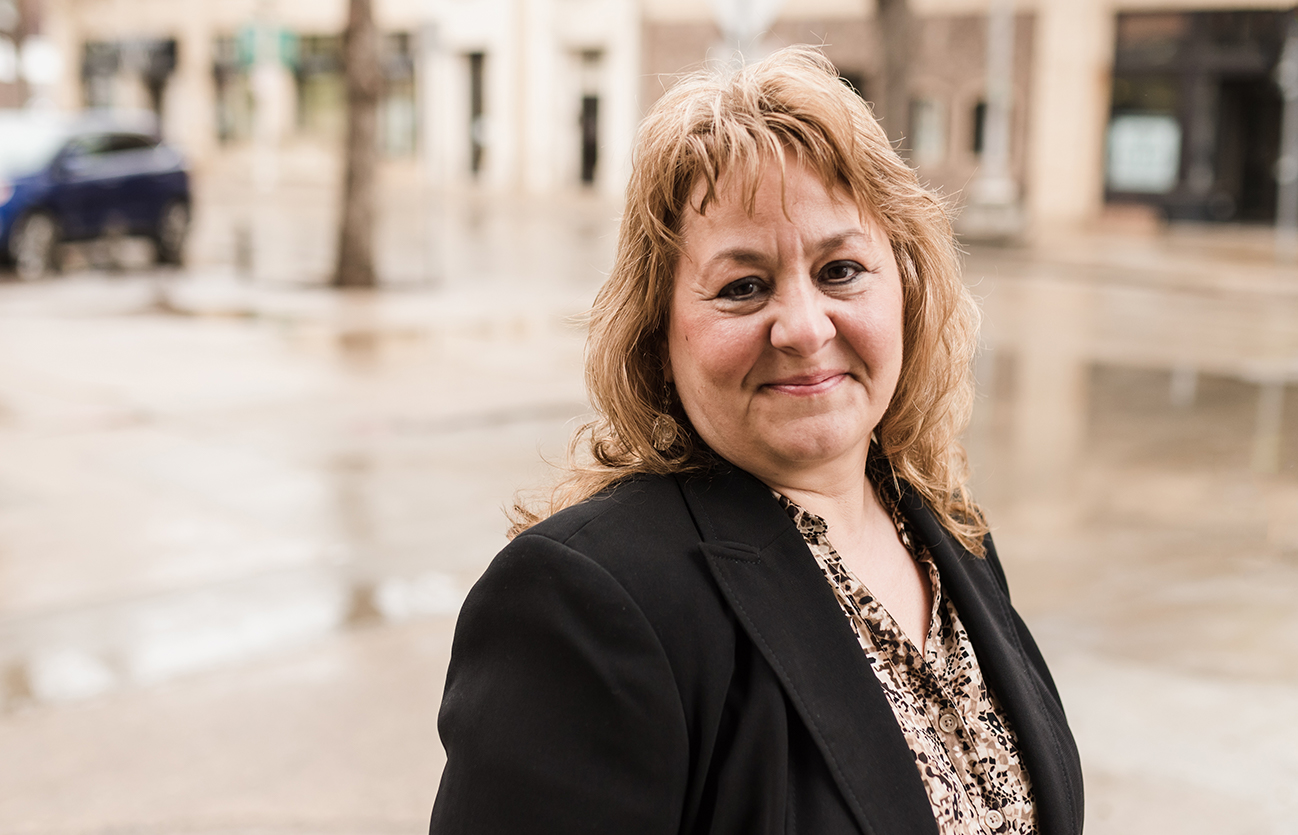December 15, 2018
Q: My teenager is struggling with addiction. Who should I tell?
A: As parents, it can be really hard to come forward with something so personal and stigmatized.
When our son was struggling with his drug addiction, my husband and I made the decision to tell our friends and family. We said, “Here’s what’s going on with our son. If you see him out and about and there’s something you need to tell us, please tell us.”
We didn’t want to hide what was going on. Chances are, they would’ve found out anyway. When we started the conversation, we were able to talk about it directly and ask for help when we needed it.
We wanted our friends and family to feel comfortable talking to us, even if there were things we didn’t want to hear. It was important that we knew what was going on – hiding something would’ve only hurt us and our ability to help our son.
Once we had those conversations, people were very willing to help. Many of them told us when they saw something going on or were there for our son when he needed support.
This may not be for everyone; addiction is very difficult to talk about. But if you’re open about what you’re going through, you may be pleasantly surprised by people’s responses and willingness to help.
As loved ones, we often experience an incredible amount of blame, judgment and isolation. I still believe talking openly and honestly about our son’s disease was the best decision we could’ve made.
A peer loved one coach can help you decide if this is the best approach with your own family. See more first steps for parents here. If you need help, please get in touch with us.

